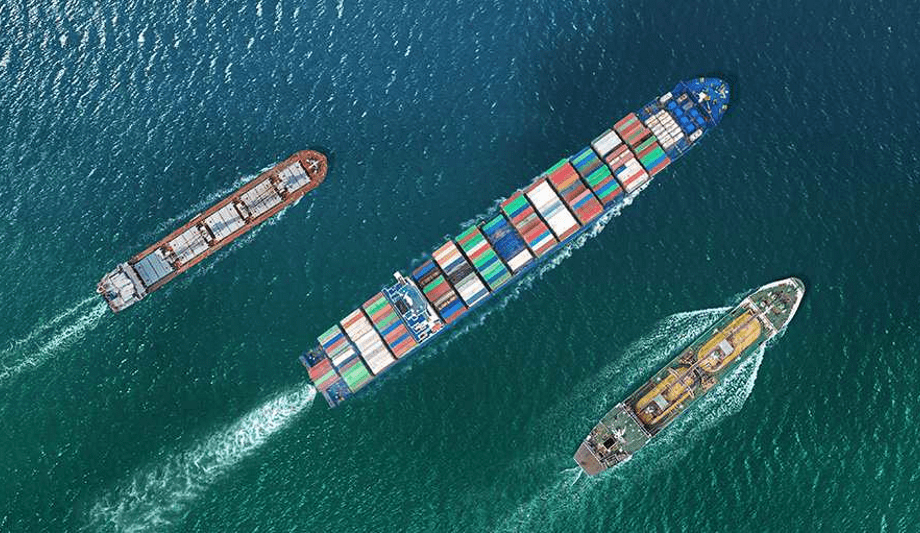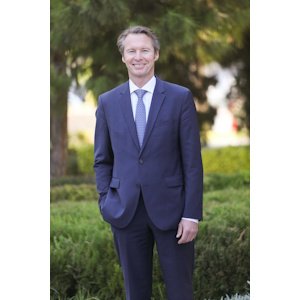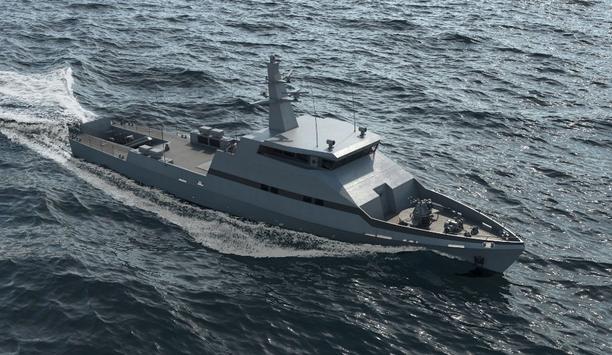DNV, the world’s renowned classification society, has released the latest updates to its rules for ship classification, with a raft of new class notations that are designed to enable the maritime industry to tackle the decarbonisation challenge.
The new updates include ‘Fuel Ready’, a class notation that offers ship owners the option to prepare for a later conversion to multiple different alternative fuel options, and ‘Gas fuelled ammonia’ for ammonia fuelled vessels, to stay ahead of shipping’s ever tightening carbon reduction requirements.
‘Maritime Forecast to 2050’, DNV report
DNV’s annual report on the energy transition in shipping – ‘Maritime Forecast to 2050’
DNV’s annual report on the energy transition in shipping – ‘Maritime Forecast to 2050’ – has identified fuel choice as the most critical decision facing ship owners and operators currently. Maintaining flexibility in the choice of fuel, especially when the bunkering environment is in flux, can minimise the risk of stranded assets and maintain a vessel’s lifetime competitiveness.
“The whole maritime industry, but particularly ship owners and operators, are facing a great deal of uncertainty around their choice of future fuel,” said Knut Ørbeck-Nilssen, the Chief Executive Officer (CEO) of DNV Maritime, adding “With the industry under pressure to bend the carbon curve towards zero, inaction is not an option, but picking a future winner in a complicated fuel landscape is a significant challenge.”
‘Gas fuelled ammonia’ offers a practical path
Knut Ørbeck-Nilssen adds, “‘Fuel Ready’ gives owners the option to tailor their future conversion with more than one fuel in mind, while ‘Gas fuelled ammonia’ provides a practical path for owners, who are looking to move towards a zero-carbon fuel option with their next newbuilding.”
Fuel ready: The ‘Fuel ready’ notation is applicable for ammonia, LNG (Liquefied Natural Gas), LPG (Liquefied Petroleum Gas) and LFL (methanol) as a ship fuel – either individually or for more than one fuel, at the same time. It is built around two mandatory options, (D) Design and (Ti/Tc) Tank, with basic and optional levels of preparation that offer a simple framework for all involved parties in newbuildings.
Optional attributes
Ammonia is emerging as a promising alternative fuel option for shipping to help reduce GHG emissions
Optional attributes cover the structure, engine and machinery, piping and bunkering, and miscellaneous requirements. With all of the options, owners can choose to prepare for a later installation of any system or go ahead with the actual installation, and obtain certification of the system, during the construction phase.
Gas fuelled ammonia: Ammonia is emerging as a promising alternative fuel option for shipping to help reduce greenhouse gas (GHG) emissions. With the ‘Gas fuelled ammonia’ notation, DNV provides owners looking to build ammonia fuelled vessels, the option to start today.
New class notation sets out requirements for ship’s fuel system
Currently, ship owners are faced with the long, challenging, and costly, ‘alternative design’ approach under the SOLAS regulations. The new class notation sets out the requirements for the ship’s fuel system, fuel bunkering connection, and on through to the consumers.
DNV has also updated some of its signature class notations that focus on reducing shipping’s overall environmental impact, including - fuel cell installations, ‘LFL fuelled’ for low flashpoint liquid fuelled engines, the ‘Silent (E)’ notation for underwater noise, and ‘Quiet’ for external airborne noise emissions.
The new notations and rules updates were launched on 1 July, 2021 and enter into force from 1 January, 2022.











